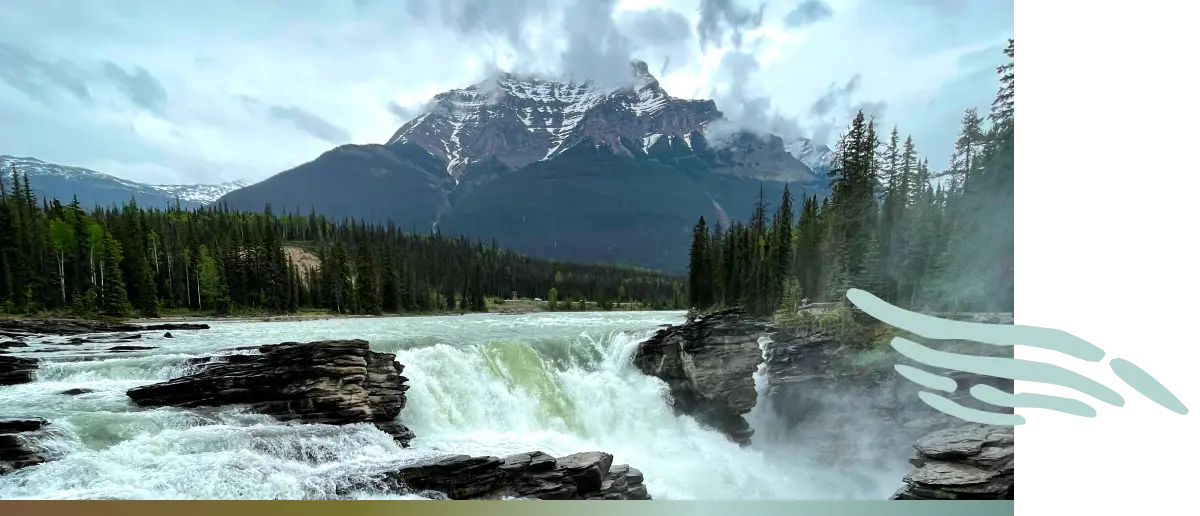What is the New Water Act? (Bill C- 61)
An important aspect of the Settlement was the repeal of the Safe Drinking Water for First Nations Act, S.C. 2013, c. 21 (the “SDWFNA”) and the introduction of replacement legislation (the “Replacement Legislation”).
The SDWFNA was repealed on June 23, 2022.
On December 11, 2023, the Government of Canada introduced legislation setting standards for clean, safe drinking water on First Nations reserves, in connection with the 2021 First Nations Drinking Water Class Action Settlement Agreement (the “Settlement Agreement”).
This legislation, Bill C-61 (i. e. the First Nations Clean Water Act), is the Replacement Legislation. It sets minimum standards for drinking water on reserve and includes a requirement that a sufficient quantity of water be available to meet the community’s needs. This includes drinking, cooking, sanitation, and hygiene needs, as well as safety, fire protection and emergency management needs, based on both current and projected water usage. Minimum standards for wastewater effluent are also included.

If passed, the law will require the Government to make best efforts to ensure access to clean, safe drinking water for everyone on reserve, and to provide funding that is sustainable, predictable, and needs-based, to meet the actual costs of delivering water services on reserve. The funding requirement will be based on a framework for assessing needs that must be responsive to current and projected infrastructure requirements and lifecycle planning.
The bill also lays the foundation for an Indigenous-led First-Nations Water Commission, funded by Canada, to support the purposes of the legislation, including monitoring drinking water, source water and wastewater treatment by First Nations on, in and under First Nations lands. The Commission would report annually to Parliament, and make recommendations on how its laws, regulations, policies and guidelines can better achieve the purposes of the legislation. The Commission will also be able to support First Nations that want to exercise their inherent jurisdiction and authority to pass their own legislation. The bill recognizes the inherent right to self-government protected under section 35 of the Constitution Act, 1982 and jurisdiction over water, source water, drinking water, wastewater and related infrastructure on, in and under First Nations lands.
The legislation (a) was introduced for First Reading, (b) was passed through Second Reading, (c) was considered at length by the Standing Committee on Indigenous and Northern Affairs, and (d) was returned to the House for Third Reading where, sadly, partisan politics prevented its speedy passage and delivery to the Senate for consideration before the prorogation of Parliament on January 6th, 2025. The fate of Bill C-61 is now very uncertain. Bills that have not received royal assent before prorogation, such as Bill C-61, are terminated (and so are not passed into law) unless they are reintroduced after prorogation ends on March 24th, 2025.